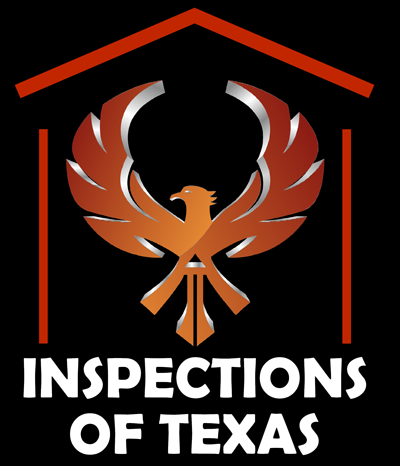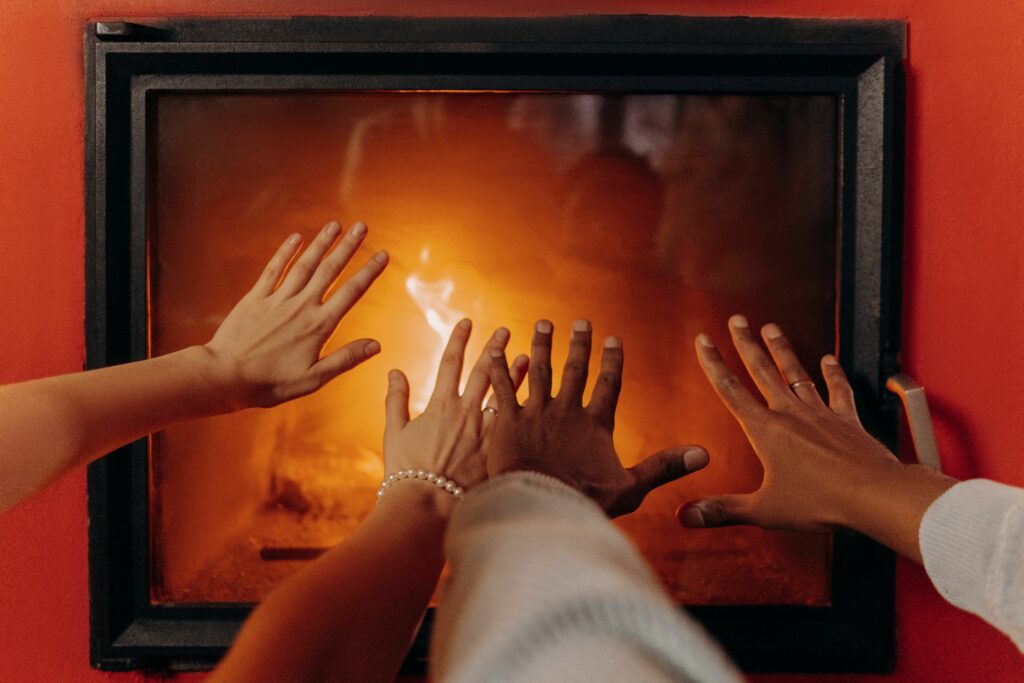2 Major Tips You Should Know For Winter Heating
Heating your home uses more energy and costs more money than any other system in winter – about 29% of your utility bill. The whole-house approach to heating is the most efficient as opposed to heating individual rooms. Modern systems can achieve 98.5% efficiency. There are a number of things you can do to improve the efficiency no matter what type of central HVAC (Heating, Ventilation, and Air Conditioning) unit you own.
1. Hire a Professional
Having a licensed professional HVAC technician clean your system each year before winter improves that unit’s efficiency. Clogged lines and filters make a system work harder. They should check the heat exchanger, chimney, as well as the flame on gas for indicators of problems and make repairs accordingly. The technician should also inspect the ductwork to make sure it is sealed properly and not pinched anywhere.
2. Reorganize
Make sure the vents are not covered by furniture or drapes where it would block your warm air. Ensure your windows and doors are sealed inside and out. If your windows are single paned, consider replacing them with double paned glass or adding plexiglass inserts to improve energy efficiency. To take advantage of the sun’s heat, open blinds and curtains on the south side during the day and close them at night. Replace dirty air filters monthly, and clean your ceiling, wall, or floor vent covers. Program your thermostat as low as is comfortable in the winter and lower it when you are sleeping or away from home.
Bonus Tips
Turn off kitchen and bath exhaust fans within 20 minutes after you are finished cooking or bathing. If you are replacing an exhaust fan, install a high-efficiency, low-noise model which will lower the amount of electricity needed to run it.
Because the HVAC unit is one of the most expensive components of a home, it’s important to keep it operating at peak performance. By combining proper equipment maintenance with recommended air sealing and thermostat settings, you can save about 30% on your energy bill.
**For information of types of heaters, check out our previous blog: https://www.inspections-of-texas.com/hvac-heating-ventilation-and-air-conditioning/

